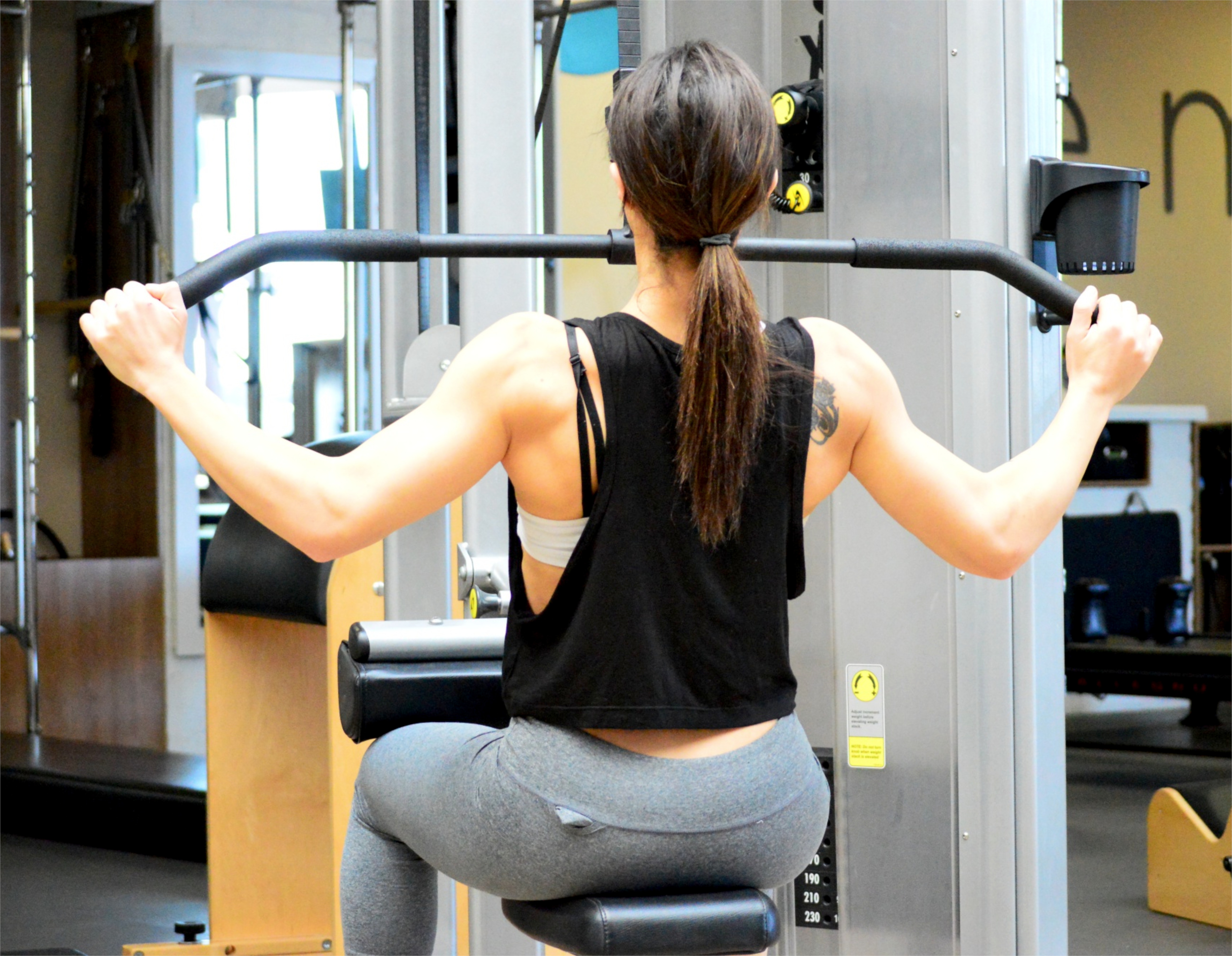If you’re over 35 years old you may have noticed that your muscles don’t recover from workouts as quickly as they did in your teens and twenties. It’s even more noticeable in your 40’s, 50’s and beyond. The question is why and what can we do about it.
As we age, muscle fibers decrease in number and shrink in size. We also have a slower rate of muscle fiber re-generation. The result is a slower process altogether for recovering from either an injury or a strenuous training workout. Men recover faster than women due to the added benefits of muscle building testosterone. Here are a few things to keep in mind if you are physically active and over the age of 35.
1. Don’t do the same exercise every day. Cross training will mix up the muscle groups used thus minimizing the stresses placed on the musculoskeletal system.
2. The 48 hour recovery rule worked fine when you were younger but now you may need to allow 72 hours of recovery time to fully repair and heal.
3. Be sure to include flexibility training in your regimen as muscles, tendons, and ligaments tend to stiffen up with age predisposing you to injury. Increase your range of motion with yoga, swimming or myofascial release.
4. Include strength training and more specifically corrective exercises in your regimen to injury proof your body, decrease muscle fatigue and improve joint stability.
5. Rest is underrated when it comes to recovery. Sleep time is when the body goes into healing repair mode. Deep sleep triggers growth hormone release which assists in the development of muscle as well as decreasing adipose tissue (fat). Aim for 7 to 8 hours of sleep per night.
6. Take advantage of the open window of opportunity for restocking your glycogen stores after a workout. What you eat and how soon you eat immediately after training can make all the difference in the world when it comes to muscle recovery. A study done on older men found that this principle is even more critical than in younger men. The goal is to ingest within 30 minutes of training a combination of carbohydrate and protein to facilitate muscle synthesis. Amounts vary depending on size and workout type but a general recommendation is: 15 grams or more of protein and 1.2 grams of carbohydrate per kg of body weight.
7. Consider taking some of the supplemental amino acids that have strong evidence validating the use of them. Specifically the Branch Chain Amino Acids or BCAA for short. A study done in 2017 at Aix Marseille University in France looked at the effectiveness of BCAA use on exercise-induced muscle damage. As long as the extent of muscle damage was low-to-moderate, the supplementation was especially effective if taken prior to the damaging exercise.





